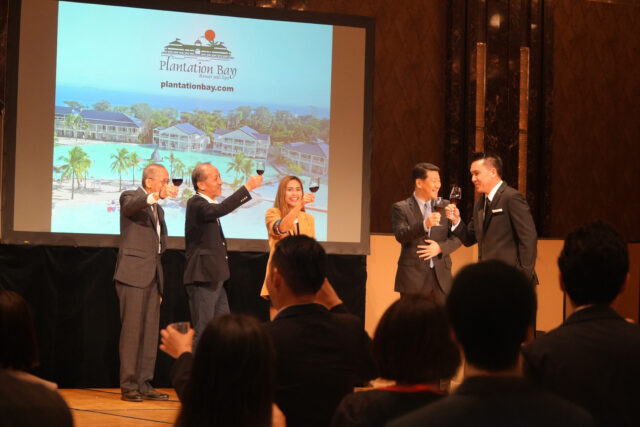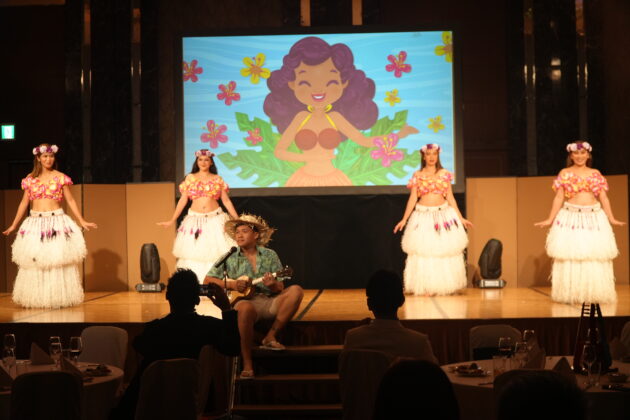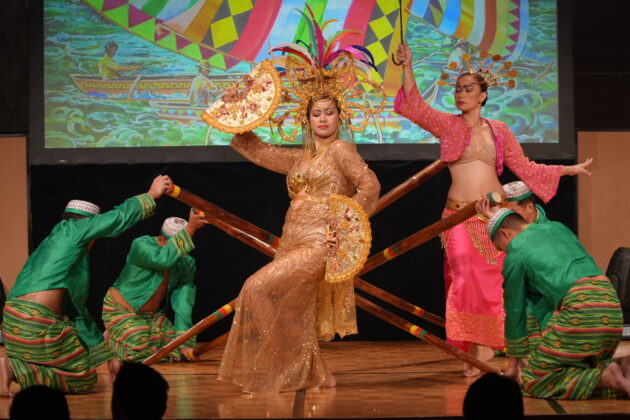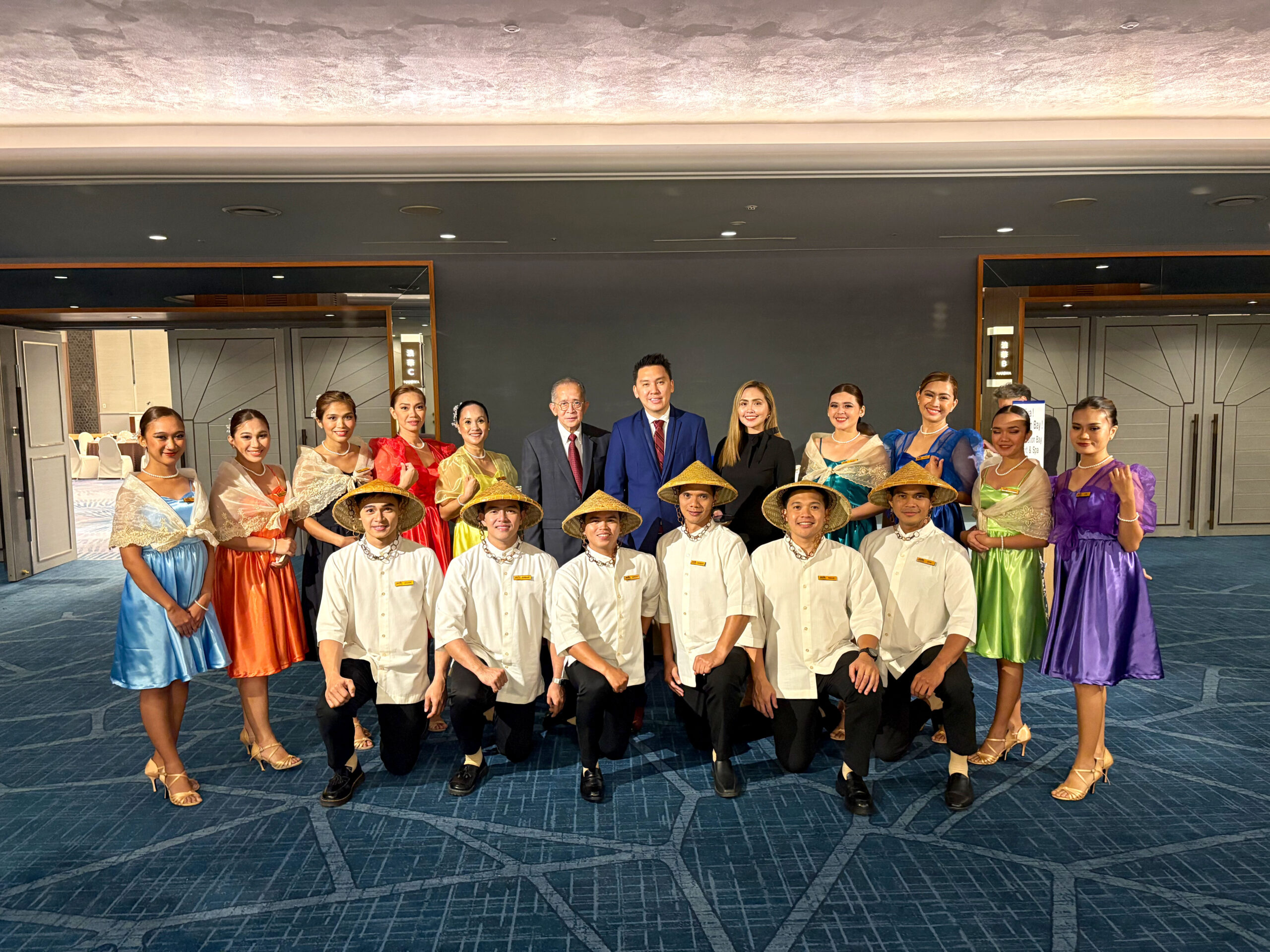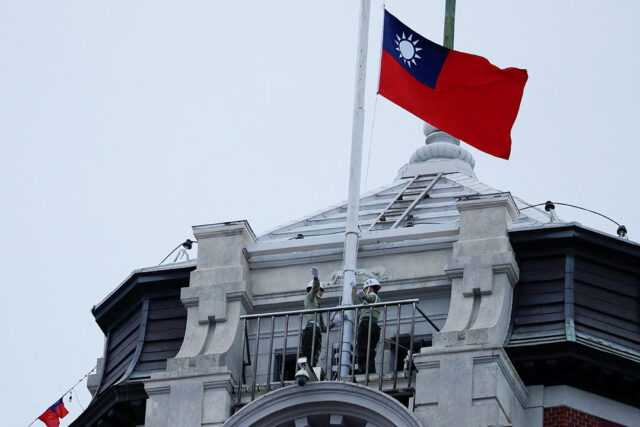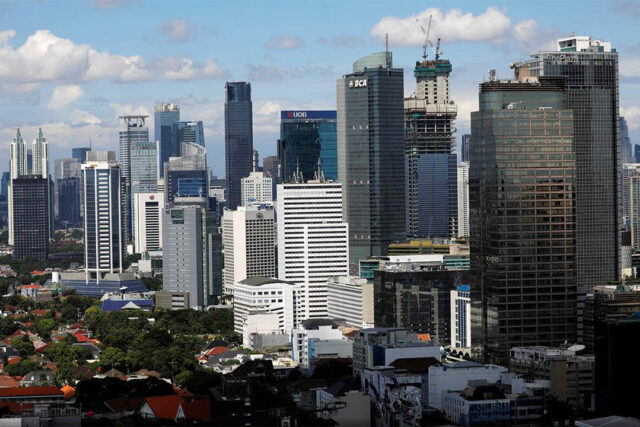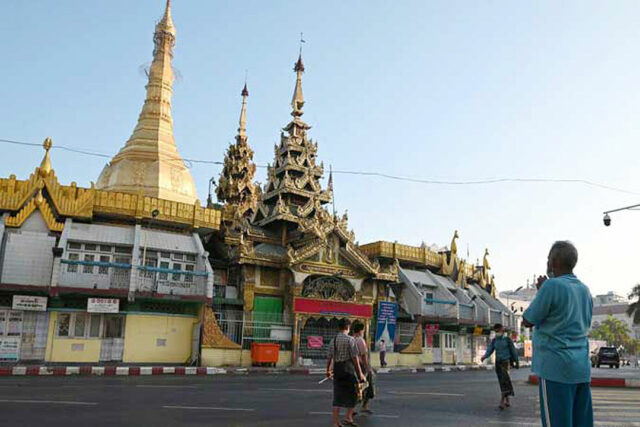BANGKOK/BEIJING – When an alliance led by three rebel armies seized swathes of territory near Myanmar’s border with China from the military junta last October, Beijing looked the other way.
A year on, rebel forces have ground down the junta, pushing the military out of vital borderlands and making inroads into the contested heart of Myanmar.
In response, China has sealed the border and shut off key imports to territory under rebel control, said a rebel leader and five border-area residents, a move analysts say aims to dissuade the alliance from further advances, including attacking the cultural capital of Mandalay.
After initially backing the Three Brotherhood Alliance to crack down on rampant border crime going unchecked by the junta, Beijing is increasingly alarmed at the rapid degeneration of the military, which it still sees as a guarantor of stability in its neighbor, said two analysts who track Myanmar-China relations. China is also anxious about the ascendancy of rebel groups that have been helping the alliance and are also tied to the U.S.-backed parallel National Unity Government, one of them said.
The previously unreported details of how Beijing is pressuring rebel forces, including by blocking imports – leading at least one group to withdraw from the fight – were described to Reuters by nine people with knowledge of the conflict.
One inflection point came in August, when the alliance took the northeastern town of Lashio, marking the first seizure of a regional military command in Myanmar’s history.
The town of about 130,000 fell to the rebels twice as quickly as they had expected, said Ni Ni Kyaw, secretary of a communist resistance group fighting in support of Operation 1027, as the alliance-led offensive is known.
Myanmar’s junta said in a statement responding to Reuters’ questions that it cooperates with Beijing to ensure stability and rule of law along the frontier, and will not accept the demands of “armed terrorists,” as it calls the rebels.
“We will continue to solve the situation using political methods,” it said.
China’s foreign ministry told Reuters it “resolutely opposes the emergence of chaos and war in Myanmar” and urges involved parties to “jointly push for a soft landing of the situation” near the border. The Chinese consulate in Mandalay was partially damaged by a blast last week, though there were no casualties.
Some rebel groups hope to build on the recent momentum and chart a course south to Mandalay, two rebel leaders and analysts said. From there, the capital of Naypyidaw is a mere 300km (190 miles) away.
Beijing would likely oppose such a move, said international security expert Zhu Jiangming, who has written about the border situation for Chinese state media.
“Mandalay is the second largest city in Myanmar, equivalent to Shanghai,” he said, adding that the fall of Mandalay would be a turning point in the conflict that Beijing would try to prevent.
‘DIFFICULT SITUATION’
Operation 1027, named after the date when fighting commenced last year, started at a time when crime ensnarling Chinese victims was taking place near the border. That prompted Beijing not to object when the Three Brotherhood Alliance started routing the junta.
The alliance is composed of three groups – including the ethnic Chinese Myanmar National Democratic Alliance Army (MNDAA) – over which Beijing has influence but not direct control.
But China opposes the collapse of the junta, which ousted Aung San Suu Kyi’s civilian government in a 2021 coup. It fears perpetual turmoil along its 1,250-mile border with Myanmar would jeopardize investments and trade, analysts say.
Cracking down on crime should not eclipse the bigger picture, Zheng Gang of CITIC Reform and Development Research Foundation, a division of a Chinese state-owned enterprise developing a port in Myanmar, wrote in a March analysis.
He said greater unrest in Myanmar could benefit China’s rivals, including the U.S. and Japan, whom he said were viewed favorably by influential groups like the NUG.
Beijing previously flexed its muscles when it negotiated a ceasefire between some ethnic militias and the junta in January. But fighting later continued and by mid August, Lashio had fallen.
Shortly after Lashio’s collapse, Chinese foreign minister Wang Yi met junta leader Min Aung Hlaing in Myanmar. Wang told him Beijing “opposes chaos and conflicts” and urged him to “safeguard Chinese personnel and projects,” according to a Chinese government readout. China’s military held joint-fire exercises on the border later that month.
Pressure on the Three Brotherhood Alliance followed. China closed border gates, cutting off supplies to territory newly under MNDAA control, according to Maung Saungkha, leader of another army which supported the alliance in the fighting, as well as five residents.
Even medical supplies like children’s vaccines have not been getting through, leaving the rebels running a public health system amid conflict “in a very difficult situation”, said Maung Saungkha.
The tightened border controls have slowed the flow of arms and ammunition to resistance groups, he said, adding that his forces would try to seize more ammunition from defeated junta troops.
In September, the MNDAA, which has longstanding ties with China, declared it would not work with allies to expand territory, nor engage with or cooperate with “foreign nations” that opposed China or Myanmar. It also announced it was ready for a ceasefire under China’s guidance, though it remains part of the alliance.
Late that month, the junta invited rebel forces to peace talks. The proposal was swiftly rejected by rebel leaders like Maung Saungkha, who said China’s role in backing such negotiations could pave the way for a sham election.
A senior National Unity Government official, who spoke on condition of anonymity because they were not authorized to discuss relations with Beijing, said China was trying to create divisions among anti-junta forces. Beijing has urged some groups to stop fighting the military and cease cooperating with the NUG, said the official, without providing evidence.
The NUG has a loose alliance with some rebel groups, while others sit within its chain of command.
An assault on Mandalay would be difficult for the Three Brotherhood Alliance to engage in while maintaining ties with China, said Jason Tower, an analyst with the Washington-based U.S. Institute of Peace. He added that it would be risky for the rebels to try and take Mandalay without alliance backing.
Soe Thuya Zaw, a commander of the Mandalay People’s Defense Forces, which reports to the NUG, said China’s influence was a “reality,” but that groups like his farther from the border could lead in the fight for Mandalay.
“We must unite, we must prepare, and we must do our training to overcome the pressure from China,” he said.
INSTABILITY AT THE TOP
Beijing’s latest intervention came after seeing how quickly junta forces disintegrated in Lashio.
“China has now become even more proactive and shifted its posture quite remarkably,” said Tower.
Rebels believed the junta would use the temporary halt in combat forced by China to prepare a strong defense there, said Soe Thuya Zaw. Instead, the military struggled to put up a fight when conflict resumed, with its high command losing communication with senior officers at regional headquarters.
There has also been instability at the top.
Since the 2021 coup, Min Aung Hlaing has rotated his regional military commanders at a much faster rate. Between June 2017 and the Feb. 2021 coup, the 14 regional military commands that form the bedrock of the general’s hold over Myanmar saw 36 people serve as commanders, according to Security Force Monitor, a research group at Columbia University.
In the same 44-month period after the coup, there were 49 commanders, an increase of 36%.
Many of the rotations – the details of which have not been previously reported – occurred in the area abutting China where the military has lost significant ground.
“According to the latest data available, the majority of currently serving regional military commanders have never commanded a regional military command before,” said Tony Wilson, the research group’s director.
The quick-fire rotation of commanders reflected a bid by Min Aung Hlaing to assert greater control over the military and forestall dissent, said analyst Ye Myo Hein. The general has come under unprecedented pressure and criticism – even from loyalists – for the defeats over the past year.
During the rebel offensive, Min Aung Hlaing sacked Lashio’s regional commander for insubordination after an argument, according to analyst Min Zaw Oo, who has interacted with junta officials, and Ye Myo Hein.
The replacement was not able to enter Lashio during the fighting, they said, nor were reinforcements from other areas.
“You don’t change a commander in a crisis just for insubordination,” Min Zaw Oo said. – Reuters
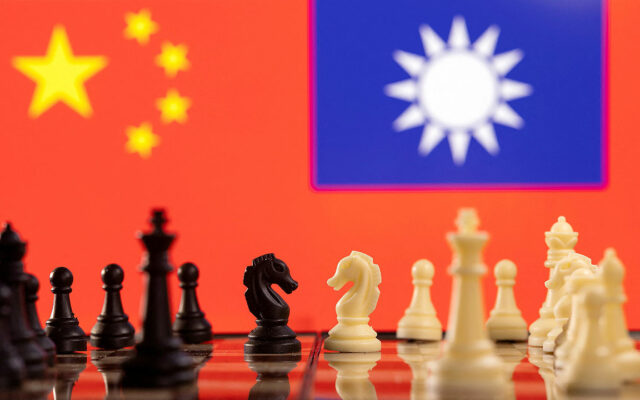

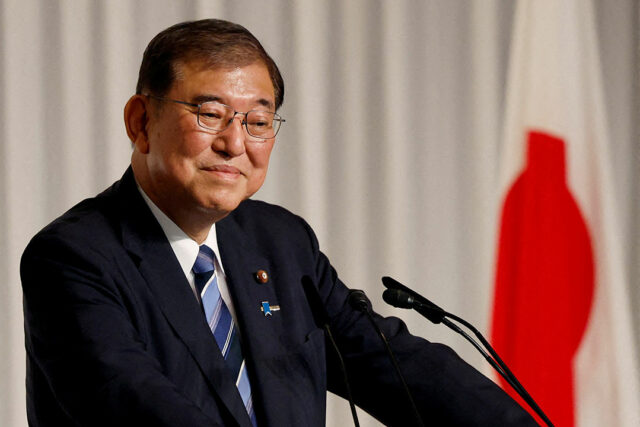




 This year, their exhibit will feature their type tested switchgear fitted with their patented arc relief device together with other superior products such as super capacitors with self-healing (SH) metalized electrodes that enable spontaneous internal isolation of faulty segments, making them safe, highly reliable and longer lasting.
This year, their exhibit will feature their type tested switchgear fitted with their patented arc relief device together with other superior products such as super capacitors with self-healing (SH) metalized electrodes that enable spontaneous internal isolation of faulty segments, making them safe, highly reliable and longer lasting.